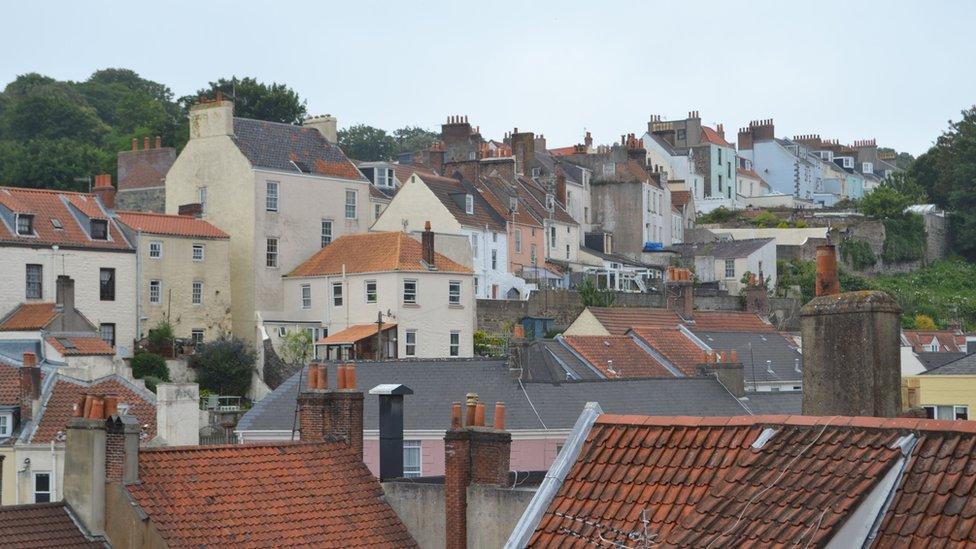What can we learn from the election?
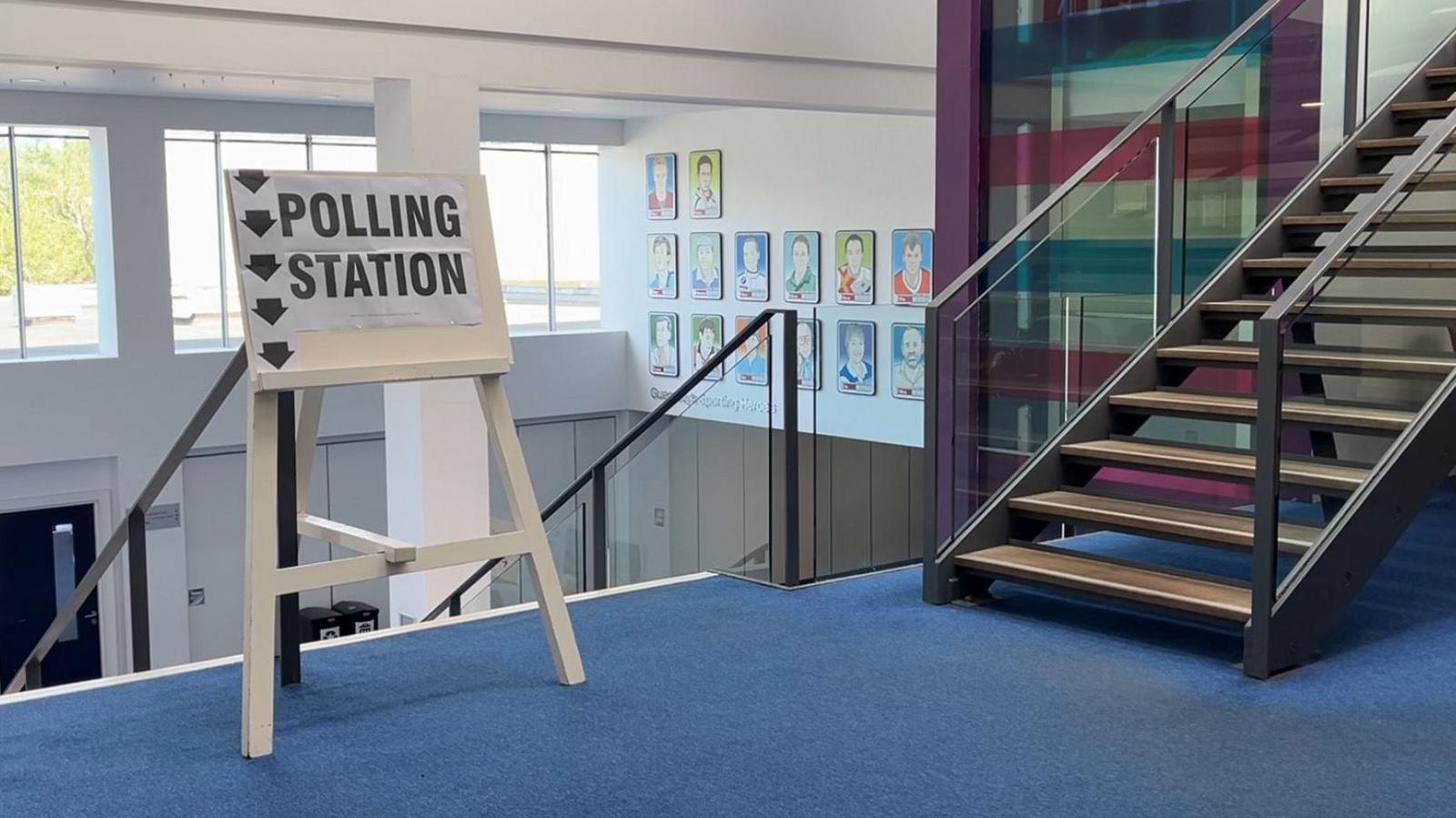
A total of 19,686 votes were cast at the general election, representing a turnout of 72%
- Published
As the dust continues to settle after the result of the general election, several questions are emerging from the poll indicating issues that may dominate the next States.
With some big supporter of a goods and services tax (GST) losing their seats the future of the tax package will be high on the agenda, and the campaign also showed immigration was an area considered important by voters.
Less than 52% of the island's eligible population signed up to vote, as many cited the lack of action delivered on previous manifesto promises for disengagement.
Addressing this trend and delivering on the electorate's priorities will be critical for this assembly, to improve on those numbers in 2029.
Does island-voting favour sitting politicians?
Just one of the top 10 candidates at Guernsey's general election was new, while last time around, only two debutants finished in the top bracket.
Opponents of island-wide voting, introduced in 2020, had warned the system favoured incumbent deputies and the evidence of the most recent poll seems to suggest politicians with profile had a better time.
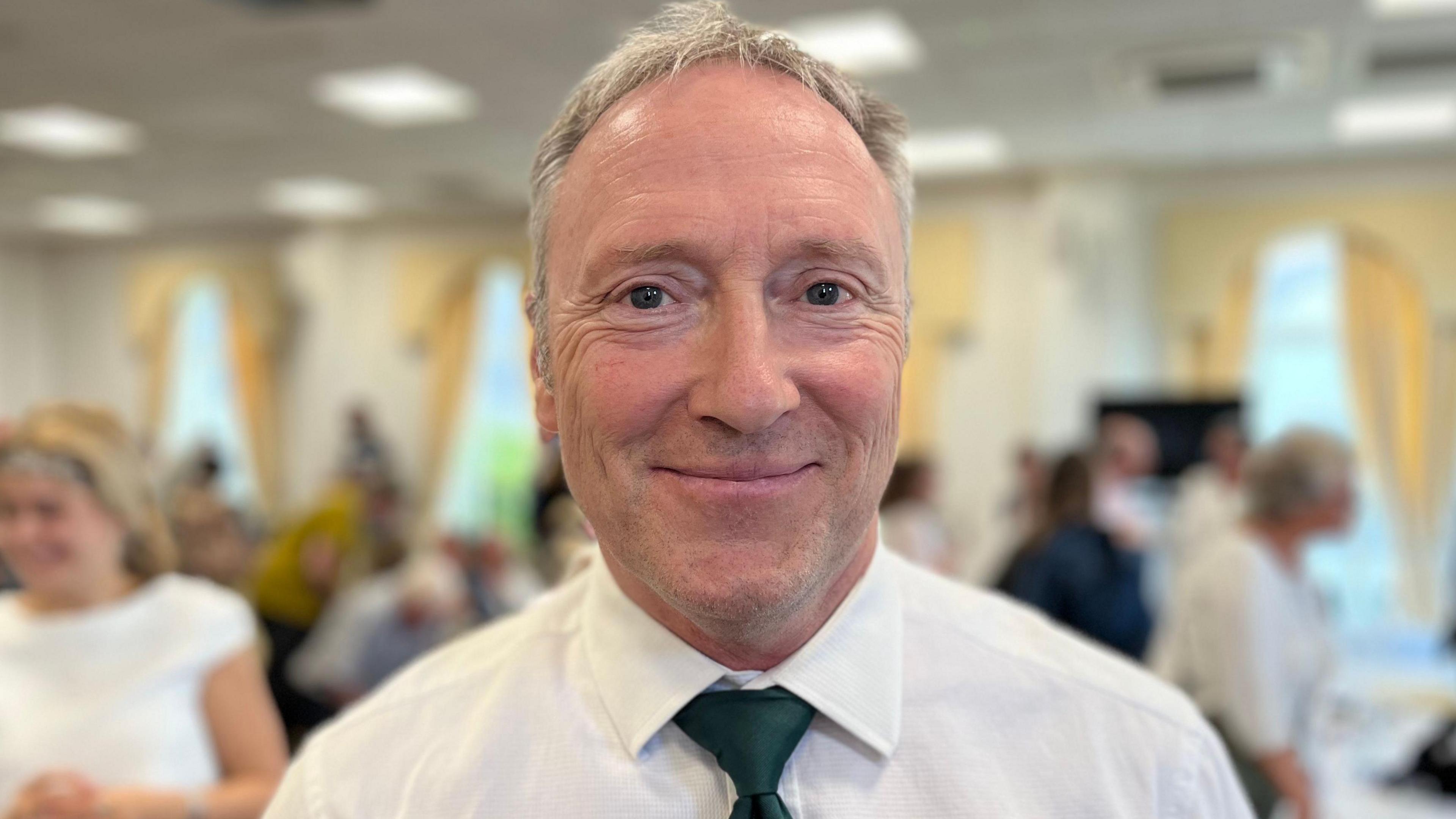
First-time candidate Paul Montague came fifth at Guernsey's 2025 general election
Eighteen of the 30 sitting deputies that stood for re-election were returned.
While three of the seven candidates who had previously served in the States were elected.
What next for GST?
Four committee presidents, who were also supporters of GST have lost their seats, but was it their support of the controversial tax package which lost them their job, or other factors?
One of them, Deputy Andrea Dudley-Owen was president of Education, Sport and Culture - with education an area voters regularly expressed concern about in the run-up to the election.
Another, Deputy Peter Ferbrache oversaw the Policy and Resources Committee which faced a vote of no confidence, with many deputies having cited the behaviour of the committee as their reasons for ousting them.
On the anti-GST side, the literal flag-waver for that campaign, Deputy Carl Meerveld lost his seat.
Overall, most of those elected campaigned on a ticket to oppose GST-plus – which is due to be introduced in 2027, or said they wanted to explore other revenue raising options.
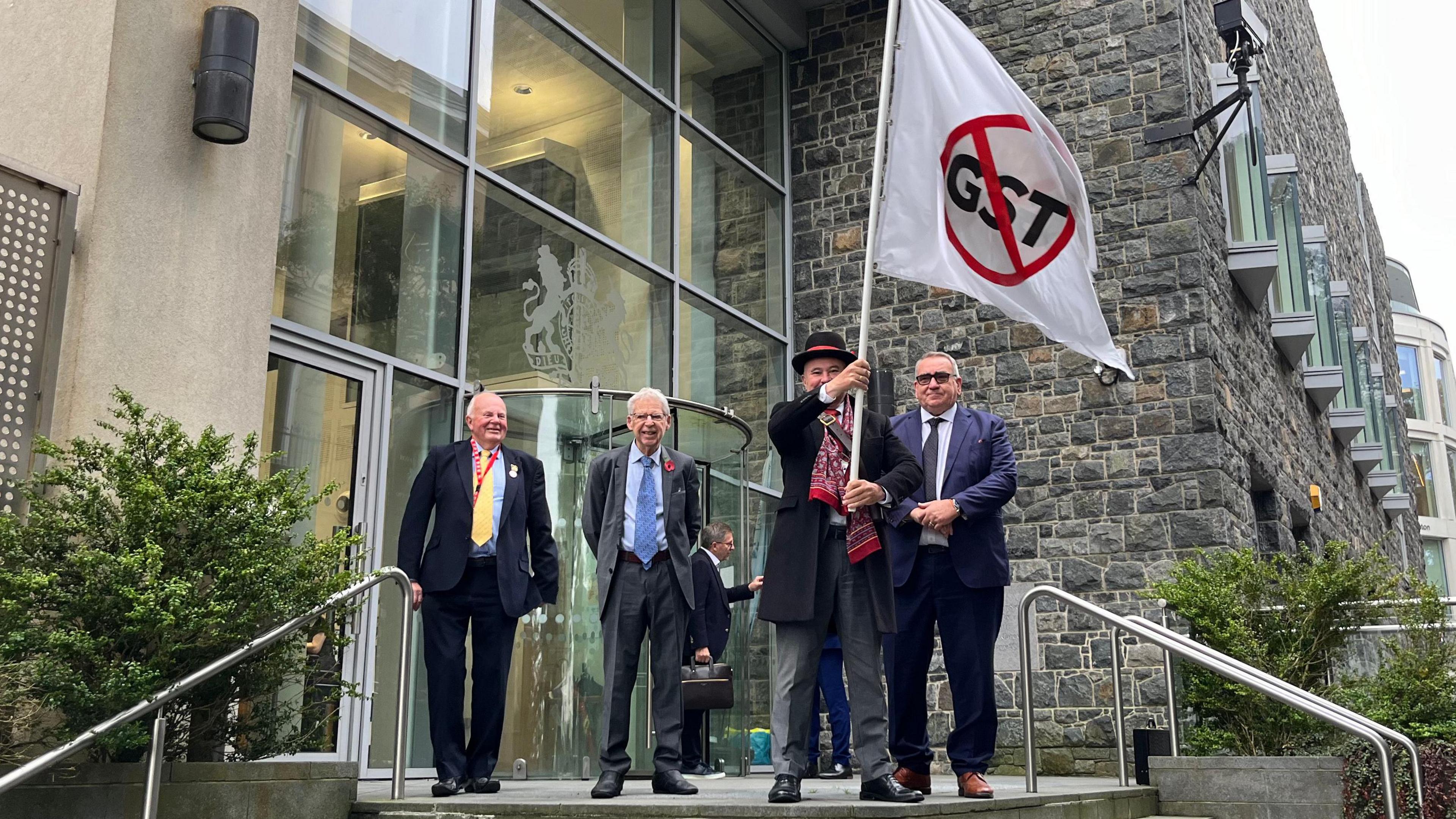
A goods and services tax has been a point of discussion
It is hard to take a clear steer on whether these results show a rejection of the GST policy, or an objection to other policy stances.
What does seem clear is how the island raises money is set to be a topic of discussion for this States, with successful candidates like third-placed Deputy Charles Parkinson having said he would halt work on the GST package and look at how more money could be found from companies.
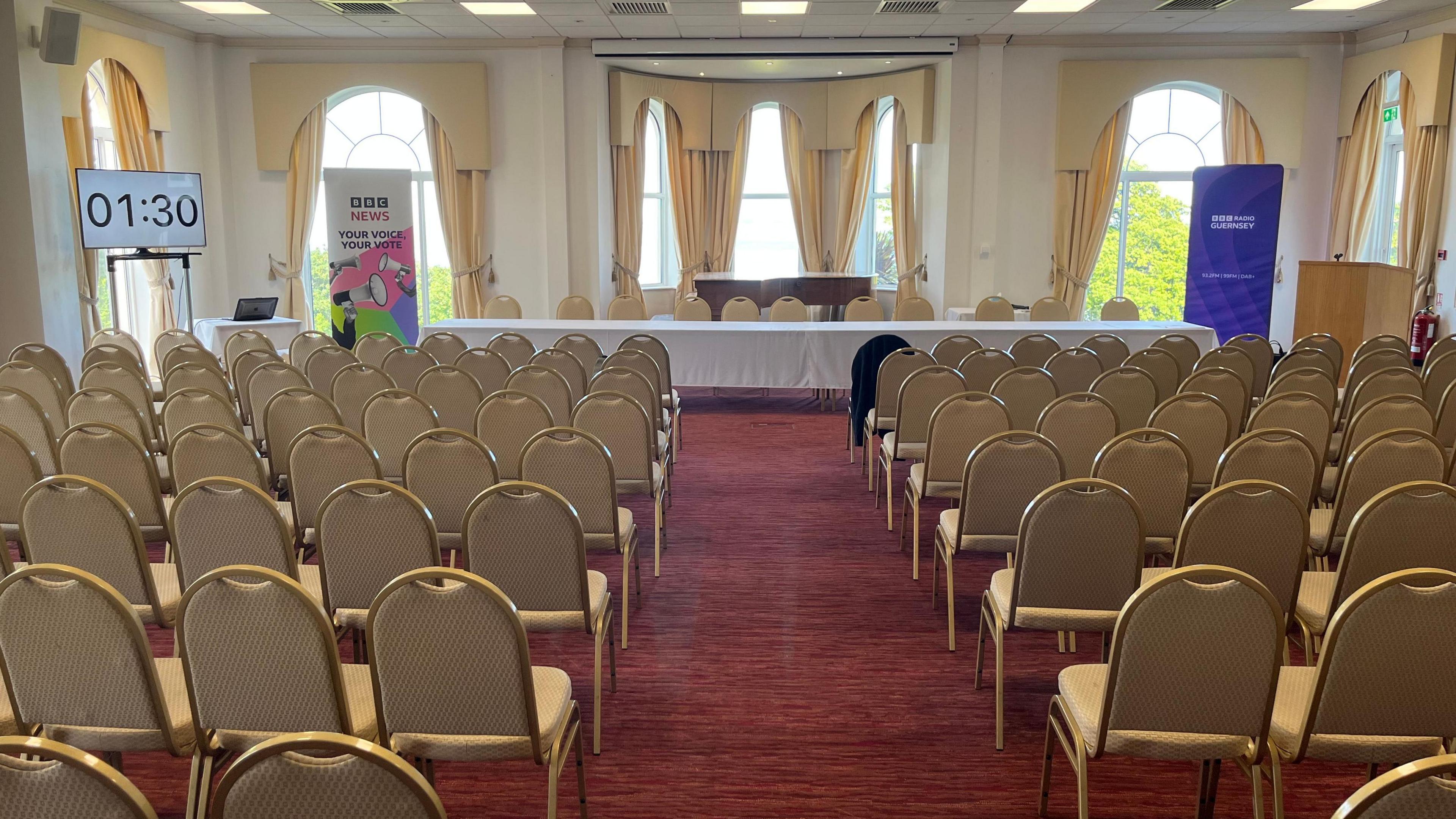
At a number of our Your Voice, Your Vote events run by the BBC, audience members raised their concerns about the electoral system
Is the electoral system set for a review?
During the campaign the island's electoral system was raised as an issue by voters, as many said they felt overwhelmed by 82 candidates, 38 votes and a manifesto booklet of nearly 300 pages.
In 2018, a referendum using the alternative voted system found support to move to an island-wide system to elect 38 deputies in a single constituency.
At the first island-wide poll in 2020 records were broken with more than 30,000 people signed up to the electoral roll, and a turnout of 80% - it was branded a success.
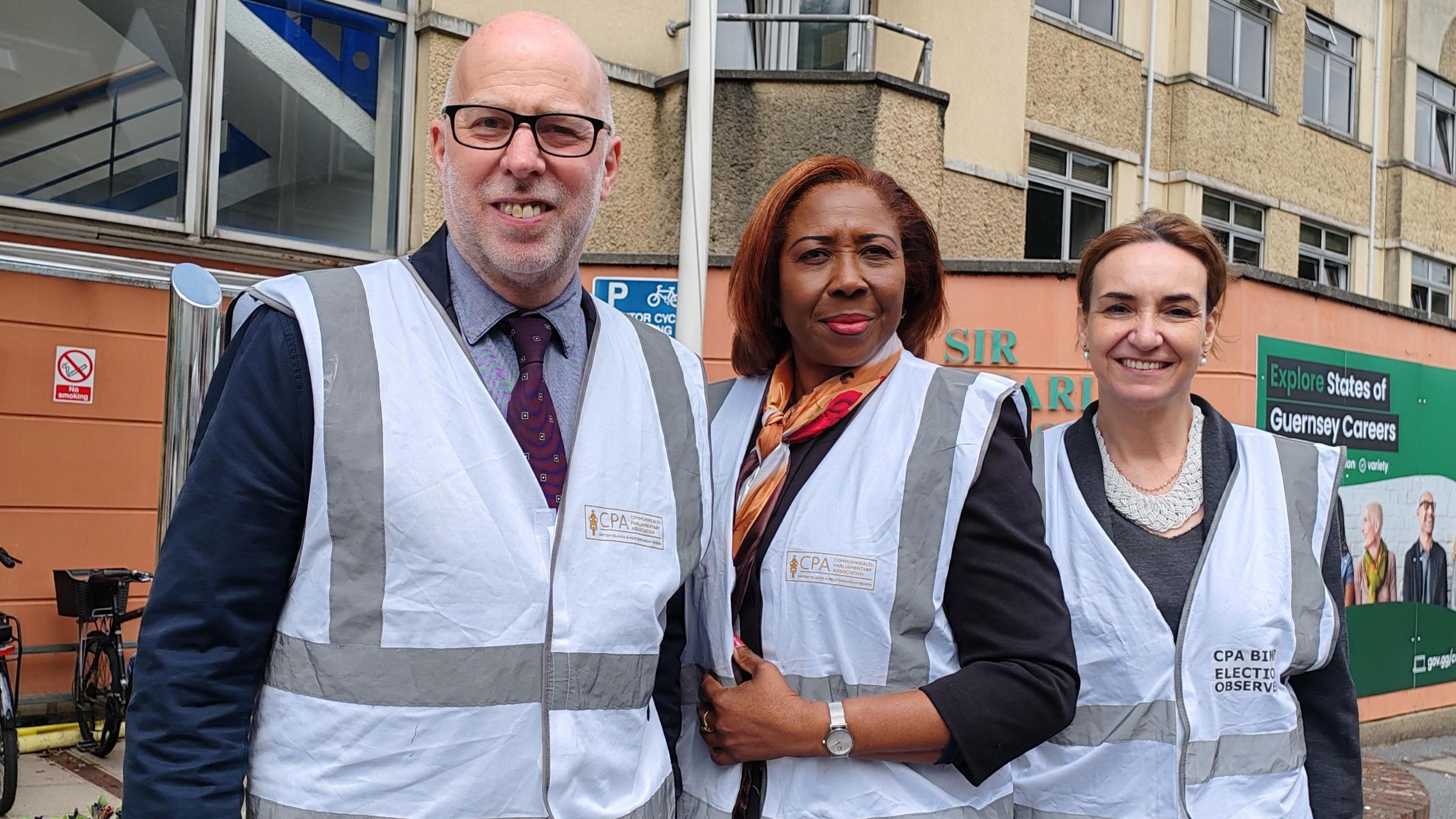
Independent election observers commented on the number of voters who took part in Guernsey's general election
At this election turnout was 72%, with an academic having predicted there would be fewer voters this time, as the attraction of a new system wore off.
But independent election observers noted fewer than 20,000 people voted, out of an eligible population of 52,500 people, with Deputy Peter Roffey commenting it was a "worrying sign".
A number of the top performing candidates said they wanted the electoral system reviewed in this term.
Immigration
UK political discourse has been dominated in recent years by debate around immigration.
At this general election in Guernsey candidates have said it was frequently mentioned when they knocked on doors.
Latest figures from the States of Guernsey showed the island's total population increased by 910 people in 2023.
Some voters also told us at the BBC's election events they felt high net migration had exacerbated the island's housing crisis.
Many successful candidates at the election said population policy needed to be revisited, including poll-topper Deputy Lindsay de Sausmarez.
In the last political term the States agreed to grow the island's population by 300 people each year.
Follow BBC Guernsey on X, external and Facebook, external and Instagram, external. Send your story ideas to channel.islands@bbc.co.uk, external.
- Published7 December 2020
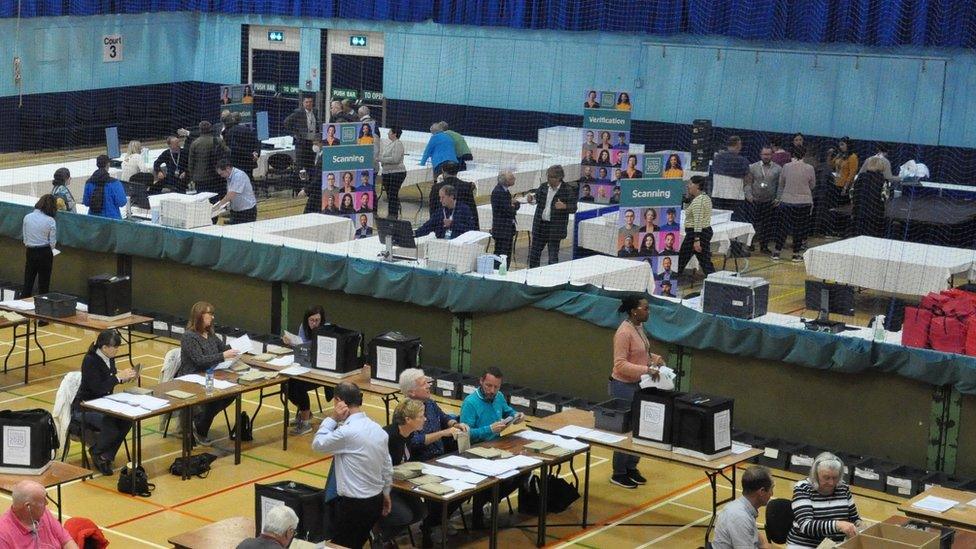
- Published19 June
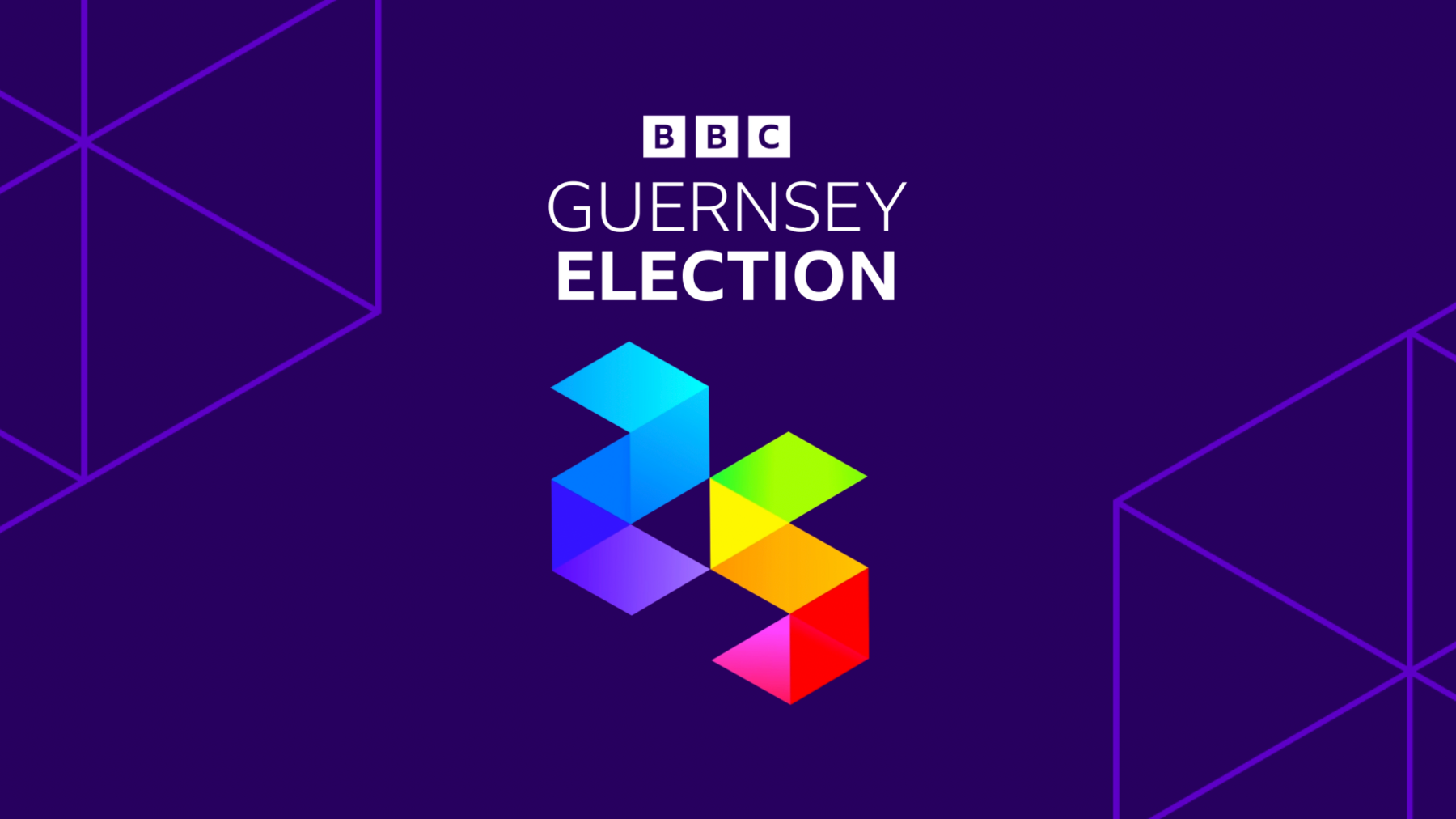
- Published17 June

- Published13 June
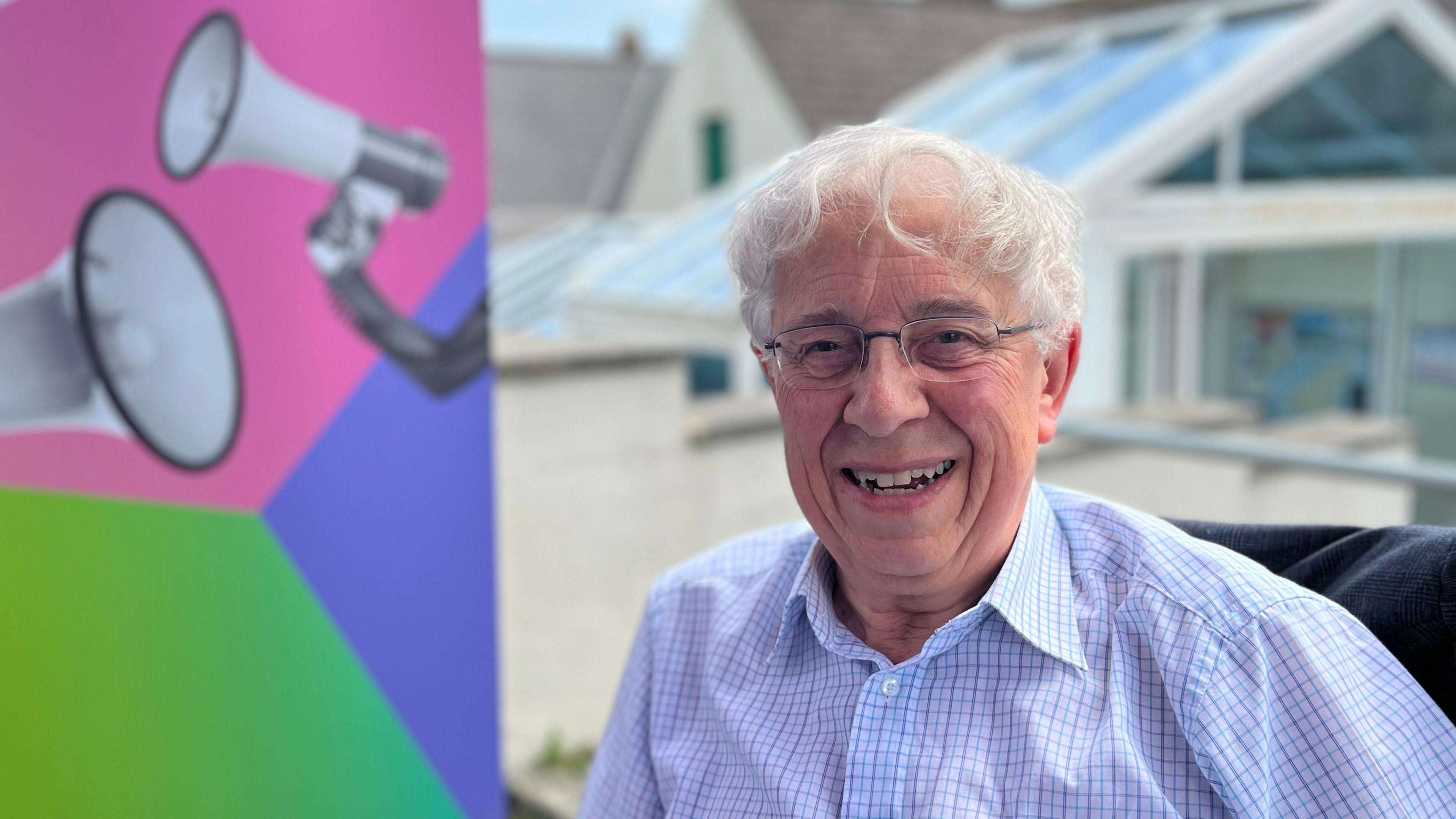
- Published12 June
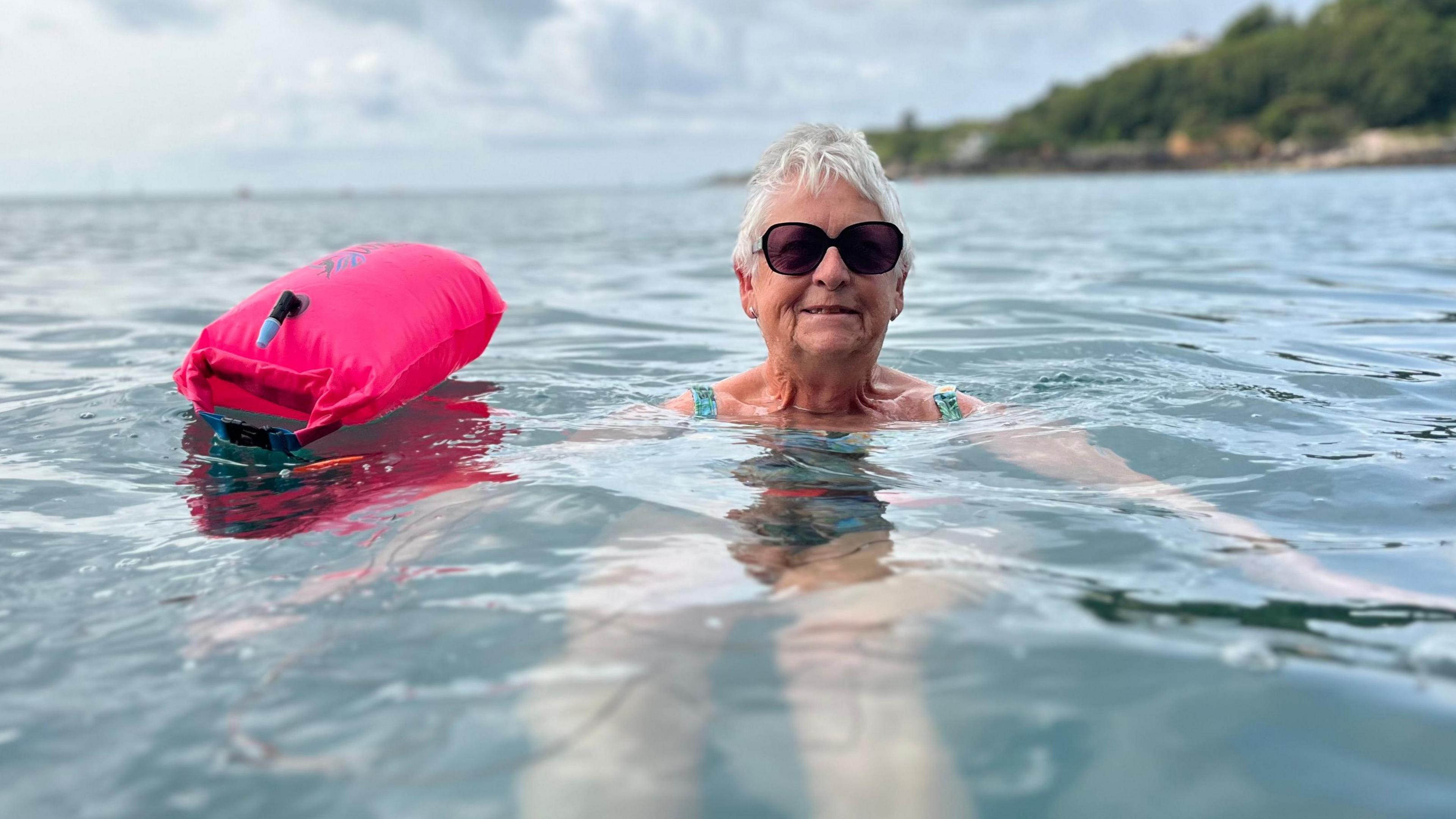
- Published8 November 2024
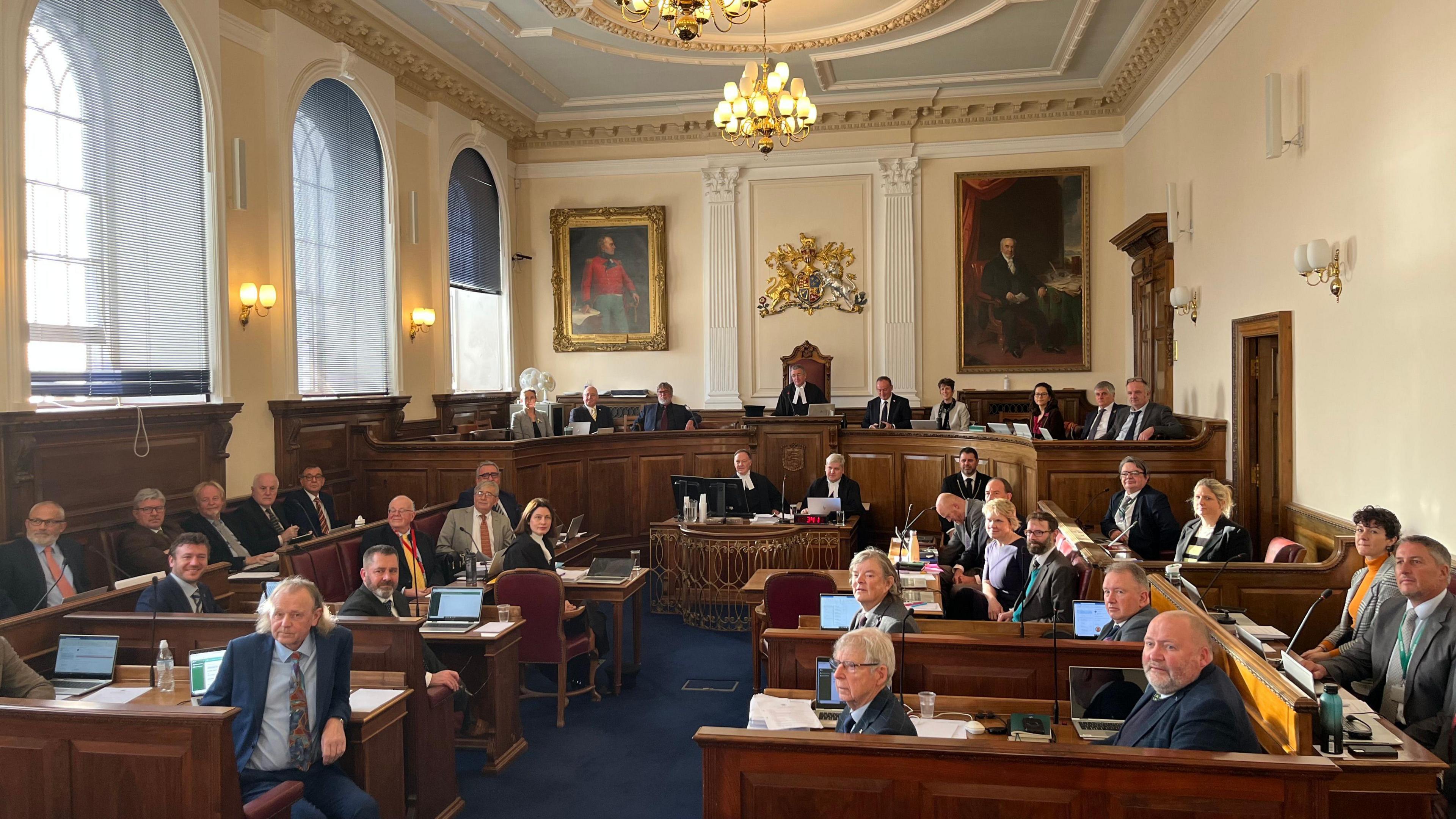
- Published19 May
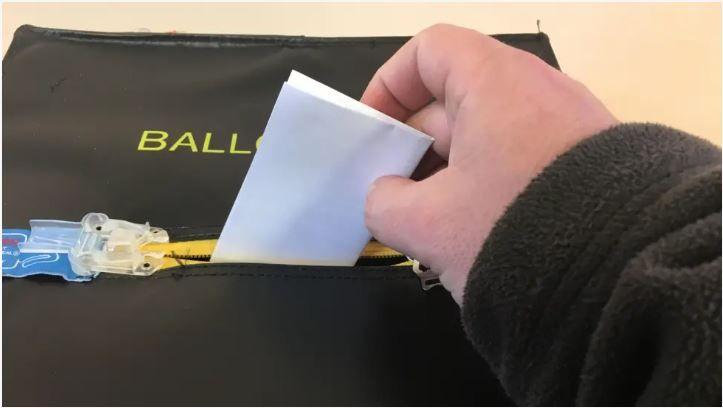
- Published2 August 2023
